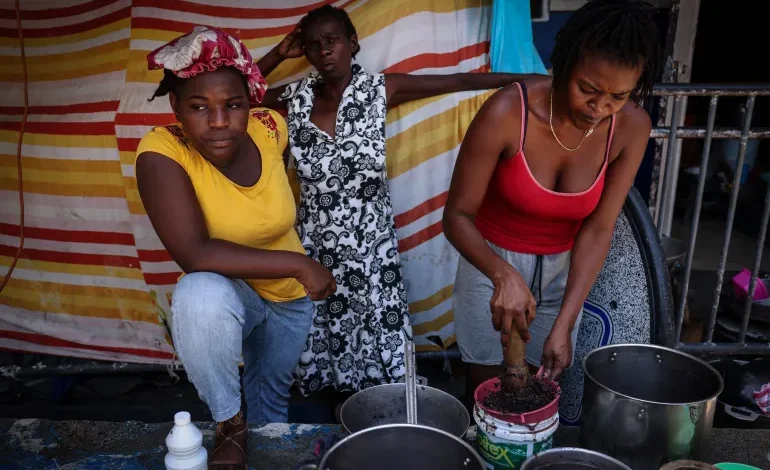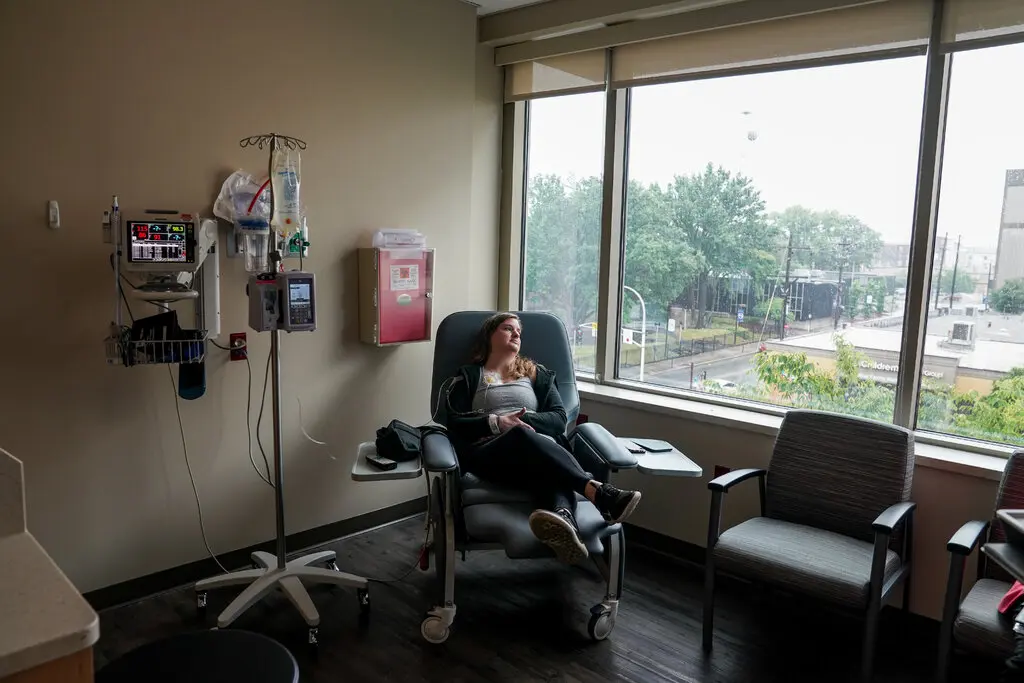Haiti Faces Catastrophic Hunger Amidst Gang Violence: 48% Experiencing Acute Food Shortages

A new report from the Integrated Food Security Phase Classification (IPC) paints a grim picture of the humanitarian crisis in Haiti, revealing that almost 48% of the population is facing acute food shortages, Al Jazeera reports.
This alarming figure translates to 5.41 million people struggling with “high levels of acute food insecurity” between August 2024 and February 2025.
The report highlights the devastating impact of ongoing armed gang violence, which has crippled the country’s infrastructure and economy. The relentless attacks have driven many Haitians from their homes, disrupting daily life and hindering access to essential resources, including food.
“Haiti continues to face a worsening humanitarian crisis, with alarming rates of armed gang violence disrupting daily life, forcing more people to flee their homes and levels of acute food insecurity to rise,” the report reads.
The situation is particularly dire in Port-au-Prince and surrounding areas where gangs control key roads, severely disrupting the delivery of goods and humanitarian aid. This has resulted in a surge in food prices, with inflation reaching levels where food consumes up to 70% of household expenses.
The report also notes the exacerbating effects of past natural disasters, including Hurricane Matthew in 2016 and the 2021 earthquake, which have compounded the existing vulnerabilities of the Haitian people.
Despite international efforts to stabilize the situation, the rule of law remains tenuous and the violence continues. The United Nations reported that at least 3,661 people were killed in Haiti in the first half of 2024.
A UN-backed mission led by Kenya, which began in late June, has achieved some success in liberating communities from gang control. However, officials acknowledge that significant challenges remain.
The IPC warns that the humanitarian situation in Haiti is rapidly deteriorating, requiring urgent action from the international community to address the root causes of the crisis, including poverty, corruption, and gang violence.








